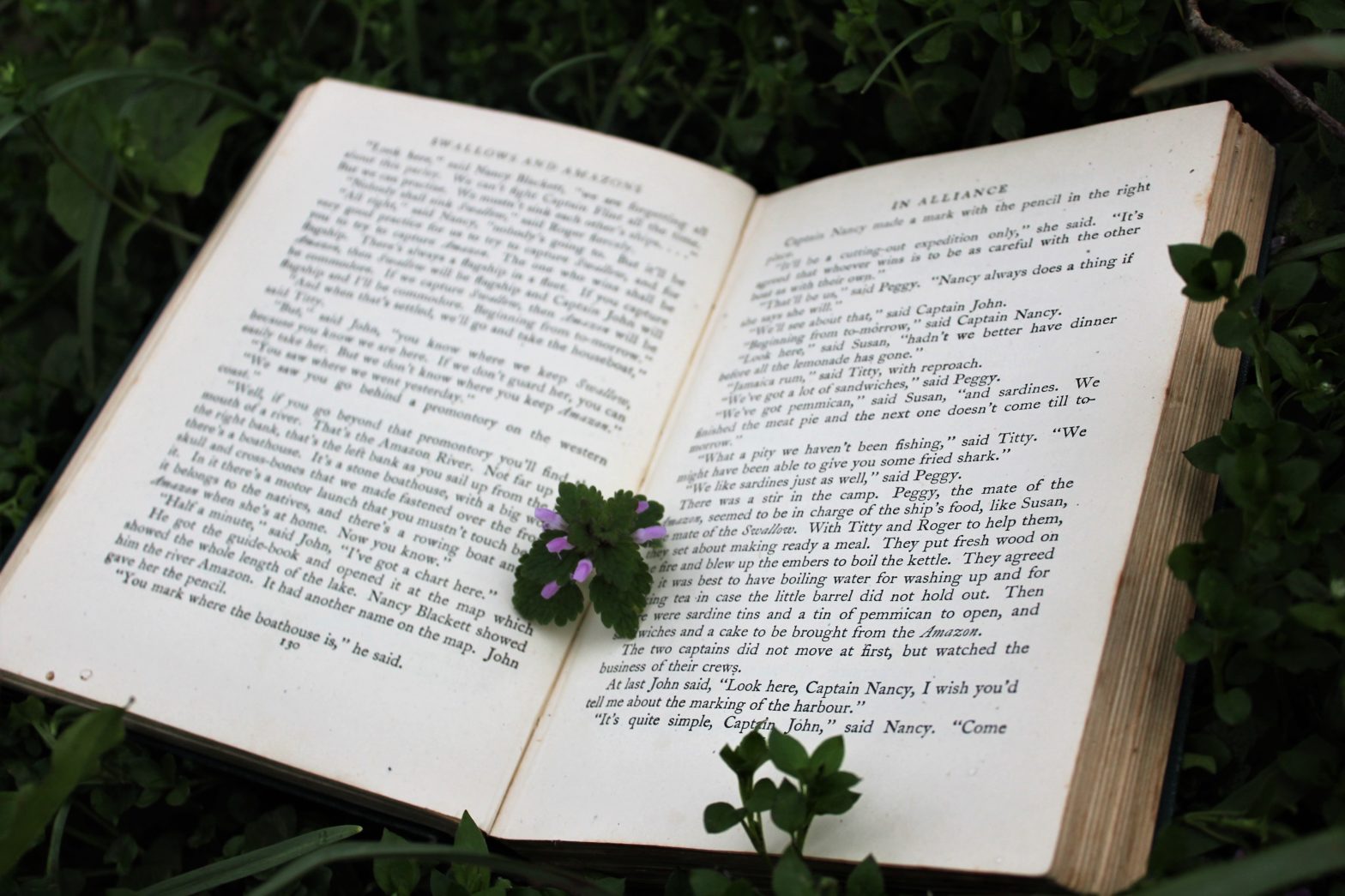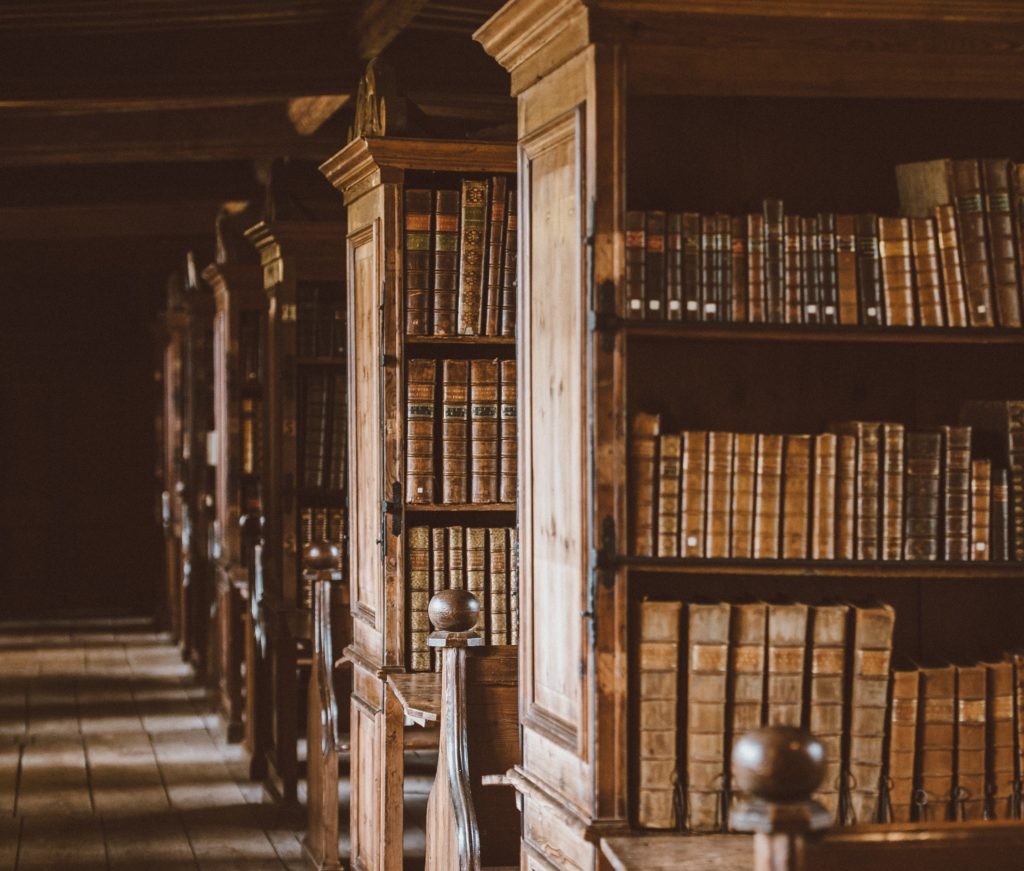March is both Women’s History Month and National Reading Month. Women’s History Month was established by Congress in 1987 but stems from work throughout the 20th century by women to achieve suffrage and equal right. Furthermore, March became National Reading Month in honor of Dr. Seuss’s birthday on March 2. These two themes are both important to our community and our program since our Big Read team is primarily composed of women and we strive to encourage the community to engage with literature.
We wanted to begin the month of March with several female authors throughout history, who have become well-known for their craft and contributions to literature.
- Maya Angelou is an American poet, writer, and an activist throughout the Civil Rights Movement in the 1960s. She is best known for her poem “Still I Rise” and her autobiographical novel “I Know Why the Caged Bird Sings.” Angelou expressed her views and experiences in her pieces, thus contributing to literature that allows readers to understand different perspectives in history.
- I first read a novel by Virginia Woolf in a Literature of the Western World course in the spring of 2021. The novel we read, To the Lighthouse, was different from other novels in the class because of the stream of consciousness within it. This introduced something new to literature when she wrote the book in 1927. Woolf also is remembered for her book Mrs. Dalloway and the feminist messages within the book that continued to advocate for women’s rights.
- Toni Morrison’s work has earned her the Pulitzer Prize for her novel Beloved, the Presidential Medal of Freedom from President Obama, and was the first African-American woman to win the Nobel Prize in Literature. Morrison influenced literature by focusing on African American life and race relations. She recently passed away in 2019, but her work continues to be taught and inspire other writers.
- Phillis Wheatley was born in 1753 and even though she was an enslaved woman, she was educated and became the first African American and the second woman to publish a book of poetry. She wrote her poetry about a variety of subjects related to religious and moral issues. These works helped both the abolitionist movement and helped show that African Americans were equally capable of intelligent and creative pursuits.
- Mary Shelley is best known for her Gothic novel, Frankenstein, which was the first science-fiction novel. She wrote this book in 1818 and since then science-fiction has become a popular genre. Shelley wrote this novel during a time where women were not prominent contributors to literature, thus her contributions continued to pave the way for other female authors.
- Oftentimes taught in a historical context, Jane Addams is a social reformer and activist. She established a settlement house in Chicago called Hull House and her work earned her the honor of being the first American woman to receive the Nobel Peace Prize in 1931. While she is a historical figure, she also published several articles and books about her experiences. One called Twenty Years at Hull-House was an autobiography about her experiences working with women in Chicago.
This list only highlights a few female authors, but we hope you recognize some of the names and research other significant female writers or poets. Many of these women wrote about their unique experiences and social or historical issues that help readers relate to perspectives in the past. These women helped fulfill one goal of literature, which is to learn from others and better empathize with the experiences of others.




